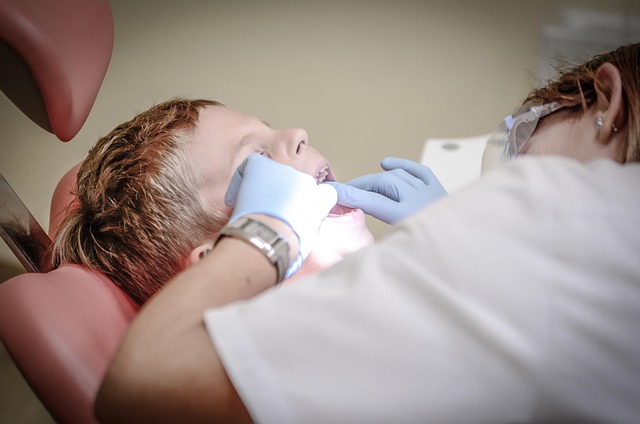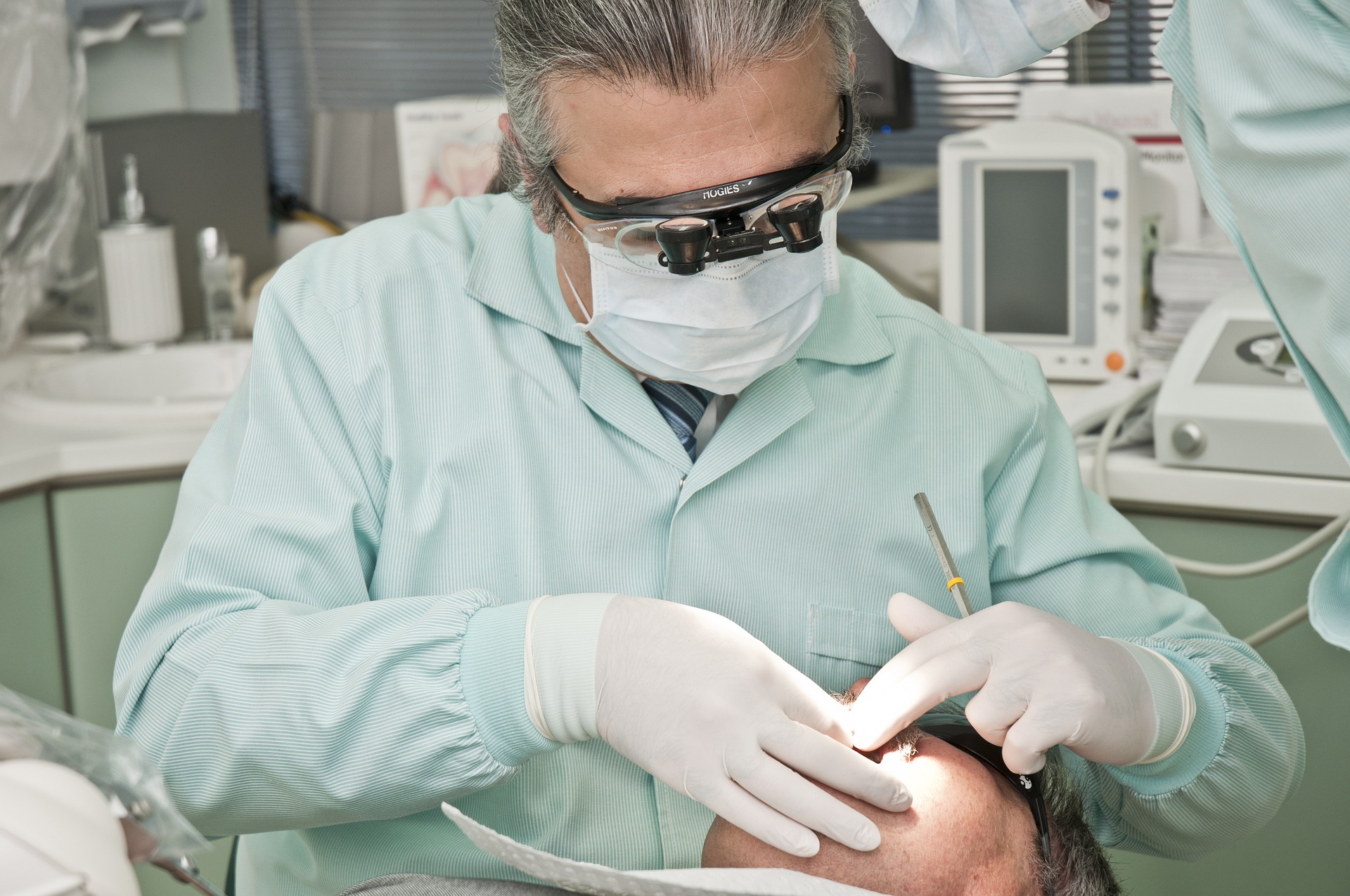Permanent Tooth Replacement: What Patients Should Know in Türkiye
Losing a tooth can affect more than just your smile. It impacts your ability to chew, speak clearly, and maintain facial structure. Permanent tooth replacement options have transformed modern dentistry, offering solutions that look, feel, and function like natural teeth. For patients in Türkiye considering long-term restorative treatments, understanding the available options, procedures, and what to expect throughout the process is essential for making informed decisions about oral health.

Tooth loss can occur due to various reasons including decay, injury, gum disease, or age-related factors. While temporary solutions exist, permanent tooth replacement provides stability and longevity that other options cannot match. This comprehensive guide explores what patients in Türkiye need to know about permanent tooth replacement solutions, from initial consultation to long-term care.
Everything You Need to Know About Dental Implants
Permanent tooth replacement typically involves surgically placing a titanium post into the jawbone, which acts as an artificial tooth root. This post integrates with the bone through a process called osseointegration, creating a stable foundation for the replacement tooth. The procedure generally occurs in stages: initial consultation and planning, surgical placement, healing period, and finally, attachment of the crown or prosthetic tooth. The entire process can take several months, as proper healing is crucial for long-term success. Patients should understand that this is not a quick fix but rather an investment in lasting oral health. Success rates are high when proper care and maintenance protocols are followed. The replacement teeth are designed to match surrounding natural teeth in color, shape, and function, making them virtually indistinguishable from the original.
Trusted Dental Implant Specialists
Choosing the right specialist is critical for successful permanent tooth replacement. In Türkiye, numerous qualified professionals offer these services, but patients should look for specific credentials and experience. Qualified specialists typically hold certifications in oral surgery, periodontics, or prosthodontics, with additional training in implantology. When selecting a provider, consider factors such as years of experience, patient reviews, before-and-after portfolios, and the technology available at their clinic. Many clinics in major Turkish cities like Istanbul, Ankara, and Izmir have invested in advanced imaging systems and surgical equipment that improve precision and outcomes. Consultation appointments allow patients to ask questions about the specialist’s approach, success rates, and any concerns specific to their case. It is advisable to meet with multiple providers before making a final decision, comparing not only costs but also comfort level and communication quality.
A Practical Guide to Dental Implants
Understanding the practical aspects of permanent tooth replacement helps patients prepare mentally, physically, and financially. Before the procedure, comprehensive dental examinations including X-rays and CT scans assess bone density and oral health status. Some patients may require preliminary treatments such as bone grafting if jawbone volume is insufficient. The surgical phase involves local anesthesia or sedation, with the post being carefully positioned in the jawbone. Post-operative care includes managing mild discomfort, following dietary restrictions, and maintaining excellent oral hygiene. During the healing phase, which typically lasts three to six months, the bone grows around the implant, securing it firmly in place. Once integration is complete, an abutment is attached to the post, and finally, a custom-made crown is secured on top. Patients should expect follow-up appointments to monitor healing and ensure proper fit and function of the replacement tooth.
Cost Considerations and Provider Comparison
Permanent tooth replacement involves significant financial investment, and costs can vary widely based on several factors including clinic location, specialist experience, materials used, and complexity of the individual case. In Türkiye, prices are generally more competitive compared to Western European countries and North America, making it an attractive destination for dental tourism. Understanding the cost breakdown helps patients budget appropriately and compare options effectively.
| Provider Type | Services Offered | Cost Estimation (per tooth) |
|---|---|---|
| University Dental Hospitals | Full treatment with academic supervision | 8,000 - 12,000 TRY |
| Private Dental Clinics (Major Cities) | Comprehensive care with advanced technology | 12,000 - 20,000 TRY |
| Specialized Implant Centers | Premium materials and experienced specialists | 18,000 - 30,000 TRY |
| Dental Tourism Packages | All-inclusive treatment with accommodation | 15,000 - 25,000 TRY |
Prices, rates, or cost estimates mentioned in this article are based on the latest available information but may change over time. Independent research is advised before making financial decisions.
Additional costs may include preliminary procedures such as bone grafting, tooth extractions, or treatment of gum disease. Some clinics offer payment plans or financing options to make treatment more accessible. Insurance coverage varies, with some policies covering a portion of the procedure, particularly if tooth loss resulted from accident or medical necessity rather than cosmetic preference.
Long-Term Care and Maintenance
Successful permanent tooth replacement extends beyond the surgical procedure itself. Long-term success depends heavily on proper care and maintenance. Daily oral hygiene remains crucial, including brushing twice daily, flossing, and using antimicrobial mouthwash. While replacement teeth cannot decay, the surrounding gum tissue and bone require protection from infection and inflammation. Regular dental check-ups, typically every six months, allow professionals to monitor the health of the replacement and surrounding structures. Patients should avoid habits that could damage the prosthetic, such as chewing ice, opening packages with teeth, or grinding teeth during sleep without a protective guard. With proper care, permanent tooth replacements can last decades, often a lifetime, making them a worthwhile investment in oral health and quality of life.
Potential Complications and How to Avoid Them
While permanent tooth replacement has high success rates, patients should be aware of potential complications. Infection at the surgical site can occur if proper hygiene is not maintained post-operatively. Nerve damage, though rare, can cause numbness or tingling in surrounding areas. Insufficient bone integration may result in implant failure, requiring removal and potential re-treatment after additional healing time. Sinus problems can arise when upper jaw replacements protrude into sinus cavities. Choosing an experienced specialist, following all pre- and post-operative instructions, disclosing complete medical history including medications and health conditions, and maintaining excellent oral hygiene significantly reduce complication risks. Patients with certain conditions such as uncontrolled diabetes, heavy smoking habits, or immune system disorders may face higher risks and should discuss these factors thoroughly with their specialist.
Conclusion
Permanent tooth replacement represents a significant advancement in restorative dentistry, offering patients in Türkiye effective solutions for missing teeth. Understanding the procedure, selecting qualified specialists, preparing for the financial investment, and committing to long-term care are all essential components of successful treatment. With proper planning and realistic expectations, patients can enjoy the benefits of a complete, functional smile for many years to come.




